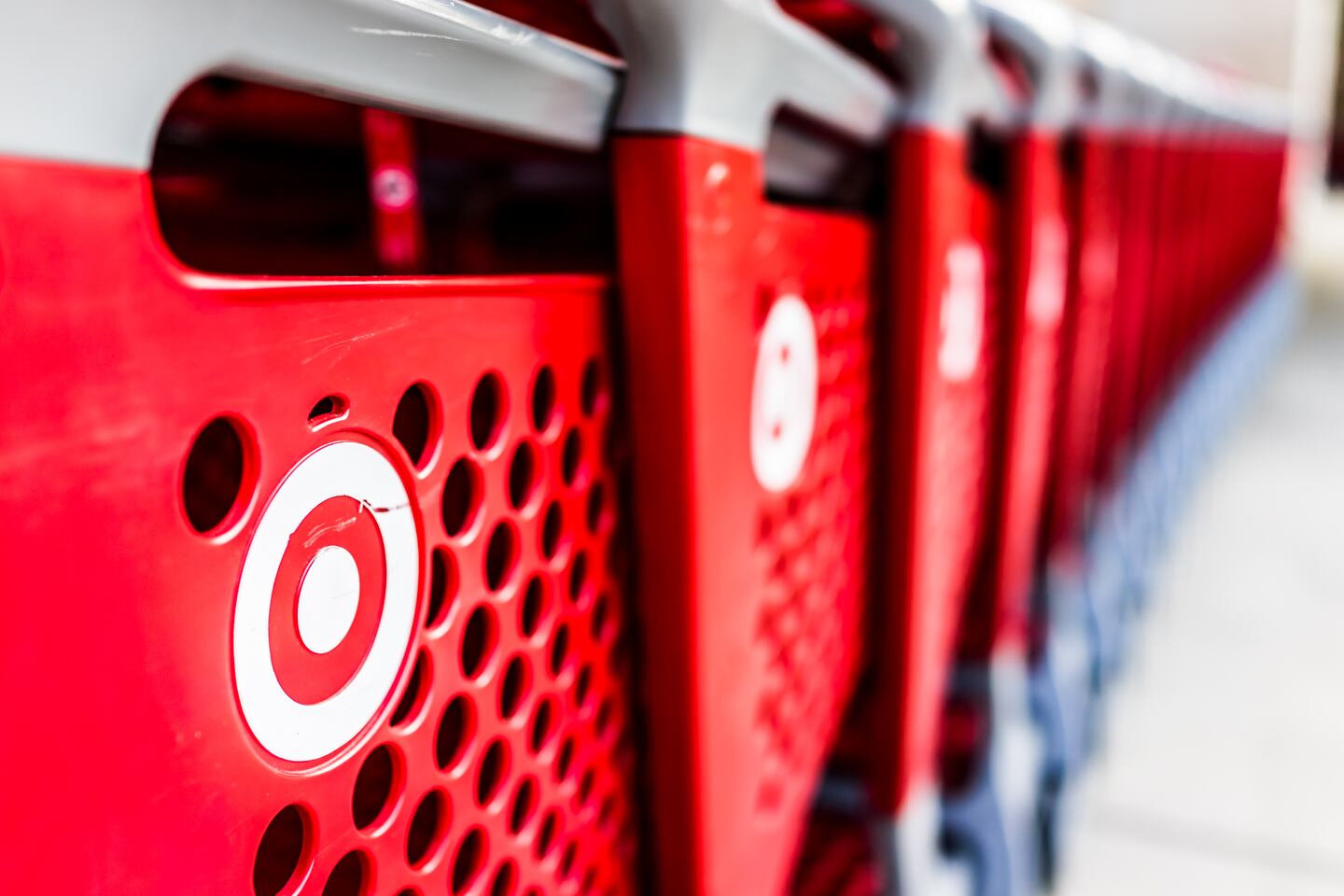
The Business of Fashion
Agenda-setting intelligence, analysis and advice for the global fashion community.

Agenda-setting intelligence, analysis and advice for the global fashion community.

Aurora James’ organisation, which has been pushing retailers to commit to spending 15 percent of their buying budgets on Black-owned businesses, put pressure on Target this week after the big-box retailer announced plans to spend more than $2 billion on Black-owned businesses by 2025. Online, the Pledge highlighted the disparity between the $2 billion commitment and Target’s $92.4 billion annual revenue. Target has not joined James’ pledge.
“We should not be applauding this. We deserve so much more than this,” said the Pledge in a statement on Instagram, where the organisation also alleged Target had copied its branding style on social media in a “clear attempt to leverage the success of a Black-led movement, without putting in real work to support our community.”
A representative for Target, Joshua Thomas, said in a statement that the company did not take inspiration from the Pledge’s branding, and that Target’s latest commitments are part of a larger strategy around racial equity. Those initiatives have included increasing Black employees by 20 percent over the next three years and pledging $10 million to nonprofits working on empowering Black communities.
“We appreciate the important conversations that have been sparked in the last year,” said Thomas in a statement. “At Target, it’s been important for us to commit and act in a way that fully leverages our size and scale as a large company, well beyond just the products we sell.”
ADVERTISEMENT
Target said the $2 billion over five years announced this week will go towards product orders from 500 brands as well as helping brands scale to meet the needs of large store networks like Target’s. The company has said it increased the number of “diverse suppliers” — or suppliers owned, controlled and operated by women, Black, Indigenous and people of colour, LGBTQ+ people, veterans or persons with disabilities — by 64 percent between 2016 and 2018. The company did not share the representation of diverse suppliers overall.
“Any commitment to invest in Black people is a step in the right direction, but Target should formalise their commitment by signing the 15 Percent Pledge and working toward allocating 15 percent of their shelf space to Black-owned brands,” said a representative for the Pledge in a statement. “At the Pledge, we are looking for equity from our partners, not only cash commitments that garner positive press attention.”
Nordstrom, Tod’s and L’Occitane are all pushing for privatisation. Ultimately, their fate will not be determined by whether they are under the scrutiny of public investors.
The company is in talks with potential investors after filing for insolvency in Europe and closing its US stores. Insiders say efforts to restore the brand to its 1980s heyday clashed with its owners’ desire to quickly juice sales in order to attract a buyer.
The humble trainer, once the reserve of football fans, Britpop kids and the odd skateboarder, has become as ubiquitous as battered Converse All Stars in the 00s indie sleaze years.
Manhattanites had little love for the $25 billion megaproject when it opened five years ago (the pandemic lockdowns didn't help, either). But a constantly shifting mix of stores, restaurants and experiences is now drawing large numbers of both locals and tourists.